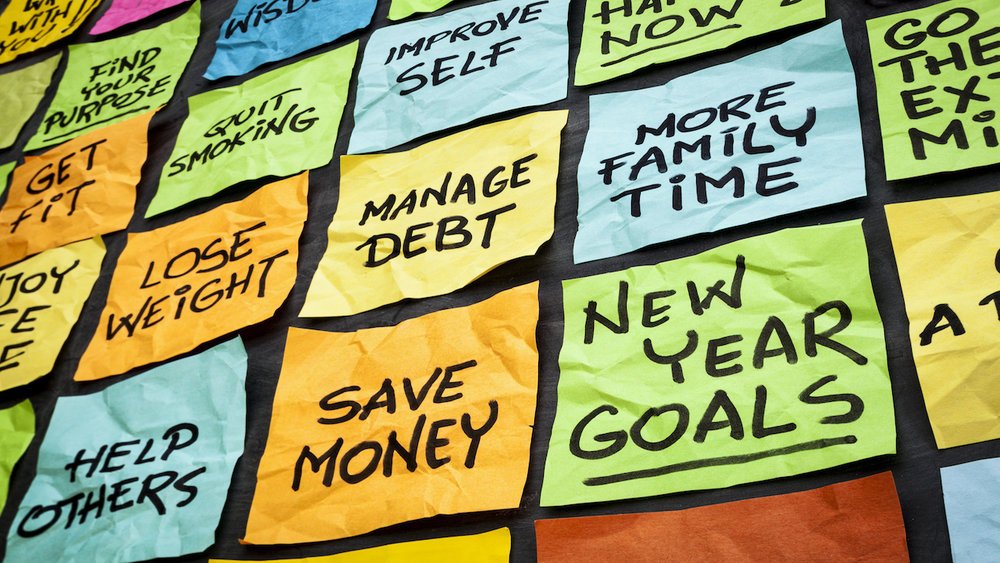On Resolutions
Even though I’ve always been one of those people that doesn’t like New Year’s, for many years, I went through the resolution routine. Usually related to “being a better person.” This was the year I’d volunteer more, not yell at my husband, or be more patient. This could most quickly be seen to fail when I arrived at the gym on January 2nd. As an avid runner, working out was never part of my resolution, and I found myself annoyed as the cold weather that forced me to run inside coincided with the New-Years-Resolutioners occupying all of the treadmills. I knew that by February, things would be back to normal, and I wanted to yell, “You’re wasting our time; these resolutions never last! Move over and let me have the machine!”
Recognizing the irony of my resolution to be a better person and my reaction at the gym, I began to wonder if all of the good people in the world found themselves thinking the same thing: “Giving your change to the homeless people, ha! Yielding at the light; it won’t last much longer! Being nice to your mother, yeah right!” Then I remembered that they were good people.
But if they had thought that, they'd be correct. Come February, all was back to normal: the gym would be empty and I would be back to my inconsiderate and greedy self. Ok, I'm not that bad, but the point being, resolutions never stick. Probably because change is… wait for it… hard. Just because you say you’re going to do something on December 31st, 3 glasses of champagne in, doesn’t mean you will. There are no overnight radical acts of change. And those huge, audacious goals you set, they don’t inspire; they overwhelm you into inaction. They leave you stressed and disappointed in yourself.
So how can you actually make a change?
Big goals are important, we just need to look at them with a realistic lens. “I want to be a better person,” “I want to be healthy,” “I want to be a better daughter,” these are what we’re working toward. We may never totally get there, and that’s ok.
But to make progress toward those lofty goals, we have to set out a plan, a plan that involves a series of small and consistent acts over time. And then we have to commit to taking the small steps and enduring the necessary sacrifices. The steps may seem tiny, but they are more manageable and thus, less intimidating. Most important, they keep us going and lead us closer toward the end goal.
This is the approach I use with my clients - define and truly understand the larger goal(s) and then create the action plan; enforce it with regular homework and accountability check ins. It can be slow at first, but as the client begins to see some wins and movement toward progress, we gain momentum and take off.
So, in 2017, what’s your plan? And what small acts will you commit to taking?

